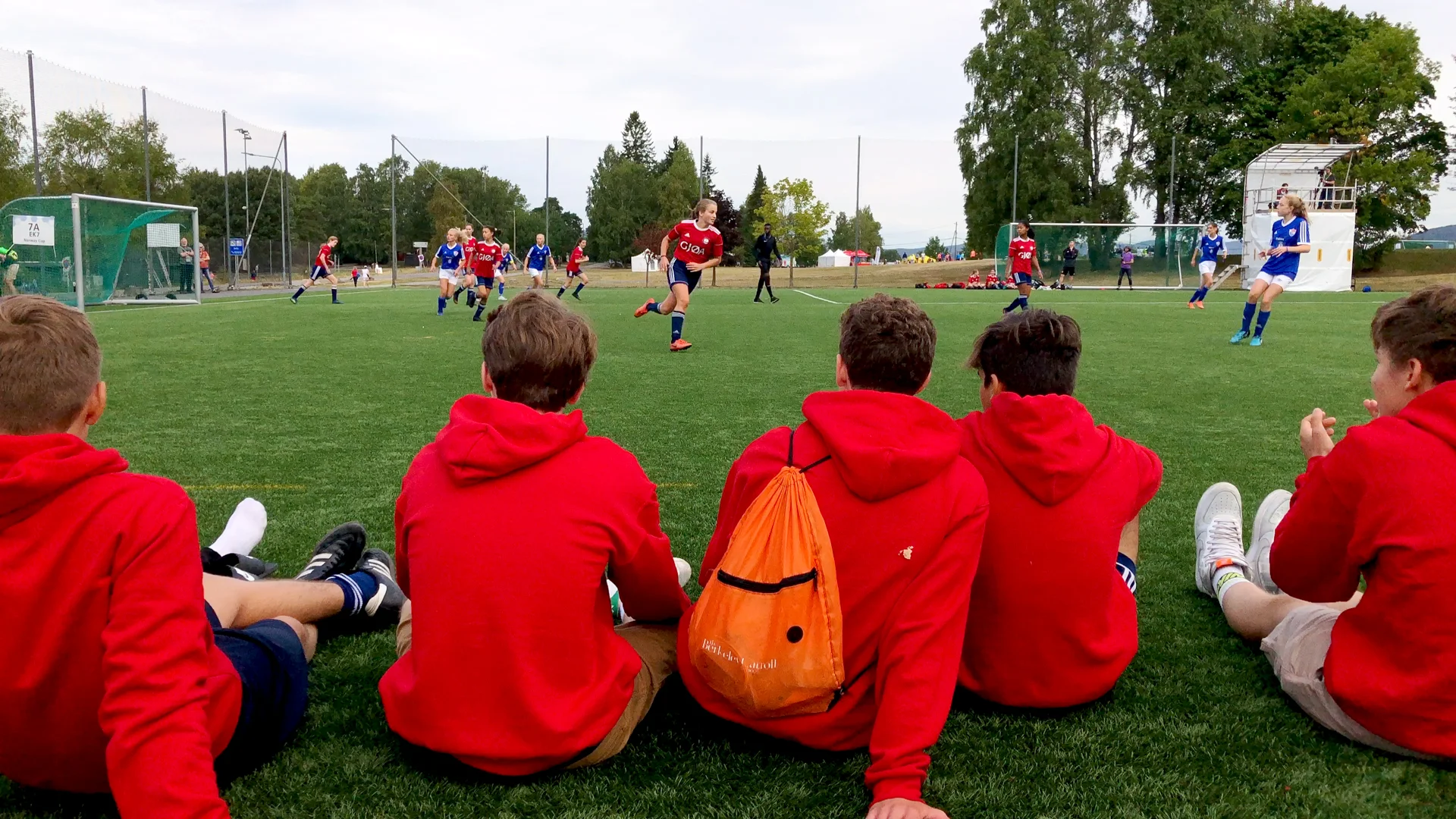

Words by Joshua Guerra
Summer, 2018
I'm thinking about something Alexi Lalas said (I don't do that too often) during the first New York Derby: "[It's] one of the wonderful things about MLS and soccer in general in the United States and North America—you’re creating something here and you get to play a part in that. That doesn't happen a lot in sports or in a lot of things in life—that you get to be there from the start.” He was right, of course. After just a couple decades, soccer in the United States is now as far away from the last push of the reset button as it has ever been, yet it still is just the beginning. So, I often wonder what we're actually building here. In fact, in the wake of the US Men's National Team's failure in the fall of 2017 to qualify for the following summer's World Cup, my most immediate emotion was a kind of eager anticipation of the conversation that would surely emerge from the inevitable vitriol, which I hoped would define some unified sense of the collective project in which we're all engaged. I didn't really get that.
I guess, my problem (and I know it is my problem) is that I don't as much enjoy soccer as struggle with it. I often find myself oscillating back and forth between hopeless captivation and dejected self-consolation—it's just a game. The trouble is, we are so often confronted with (sold?) this notion of the beautiful game, by which we are supposed to understand some vague, intrinsic, transcendent quality in this thing to which we also happen to devote an inordinate amount of our selves. At the Five United, we believe that it is Our devotion that makes the game beautiful. So, it is worth asking, what are We devoted to? It's a question that we want to ask of the people here who are shaping what the game looks and feels like...
Sporting Club Gjøa is old—actually old. That's what was most compelling to us when we wrote to the club in the spring of 2018. We had a half-baked vision of a short film that would offer a look forwards and backwards at grassroots soccer in the US from the perspective of this prehistoric Brooklyn club, which was that year celebrating the 100th anniversary of its youth soccer program. Indeed, to step into the faded clubhouse in Sunset Park, Brooklyn does feel a bit like going back in time—or, maybe, like stepping into an altogether different timeline. In that place, it's not that soccer is or was the main thing, but for the last century it has been the loom by which individual lives are woven into a community. And, as the Norwegian immigrant population that was moored around the club ebbed, soccer is what kept Gjøa relevant to the generations of those that have flowed into Brooklyn since.
"Our Way" is a portrait of the oldest soccer club in New York City. We spoke to those who grew up in the club, whose parents were born across the ocean and found in Gjøa familiar ground from which they could cultivate an American life. We spoke to players whose dreams of playing soccer in college and beyond were nurtured and made real with the support of Gjøa's devoted coaches. We spoke to the parents and their young players who are today learning to play in 'the Gjøa Way.' And, we spoke to the impressive group of coaches and volunteers whose vision and devotion have energized a kind of revitalization of their community around the beautiful game.
For me, the project was fulfilling, because I got to actually have the conversations that I wanted to hear. I got to ask the people on the ground, why they do what they do, and why any of it even matters. We talked about history and identity and whether it's possible for a program that is first of all for the development of good people to also produce a badass soccer team at the highest level. It was a project that took us all over Brooklyn then to Oslo, Norway and back. It was a life-affirming experience, and I think it's a story worth telling. I hope you do too.
















